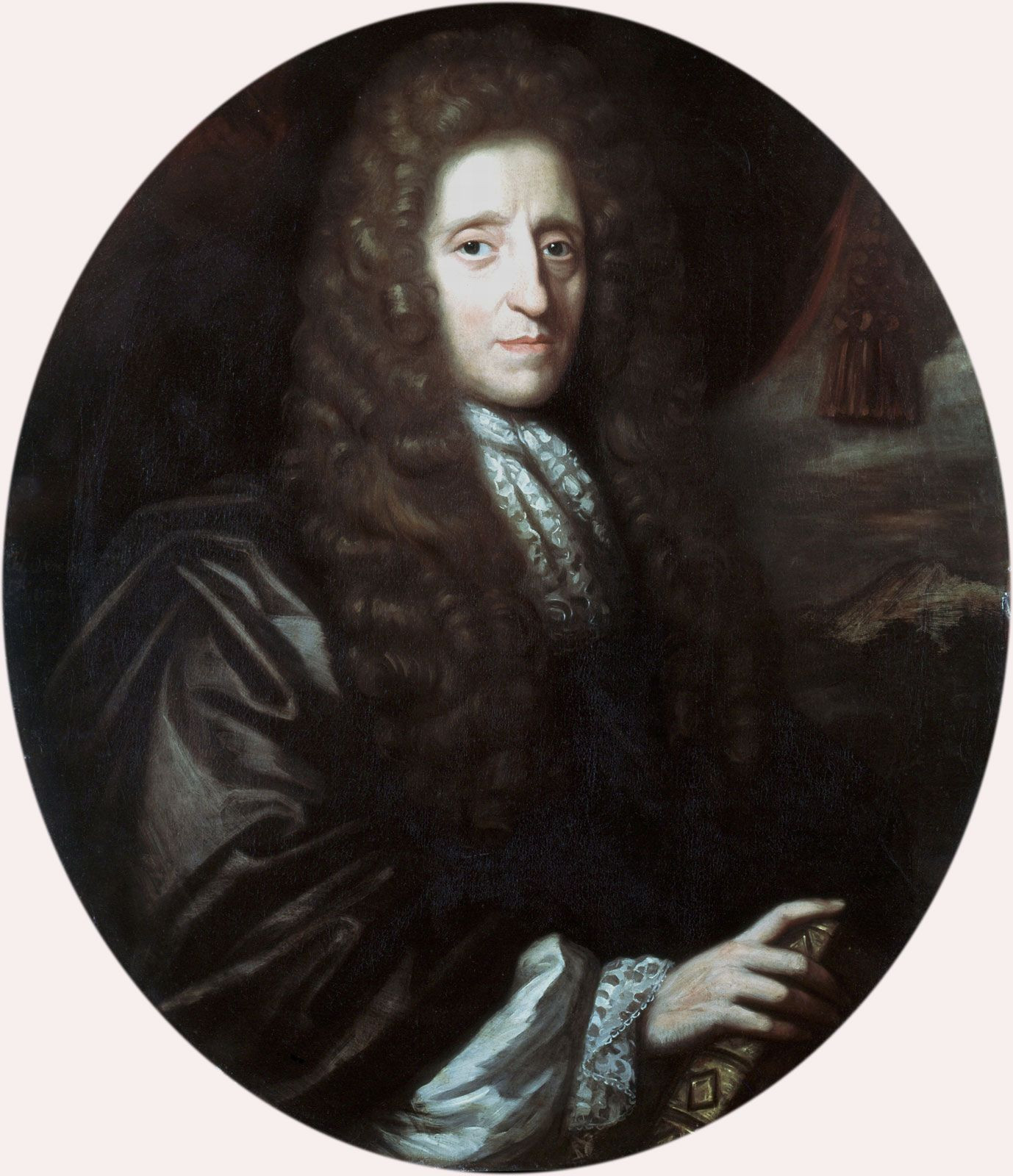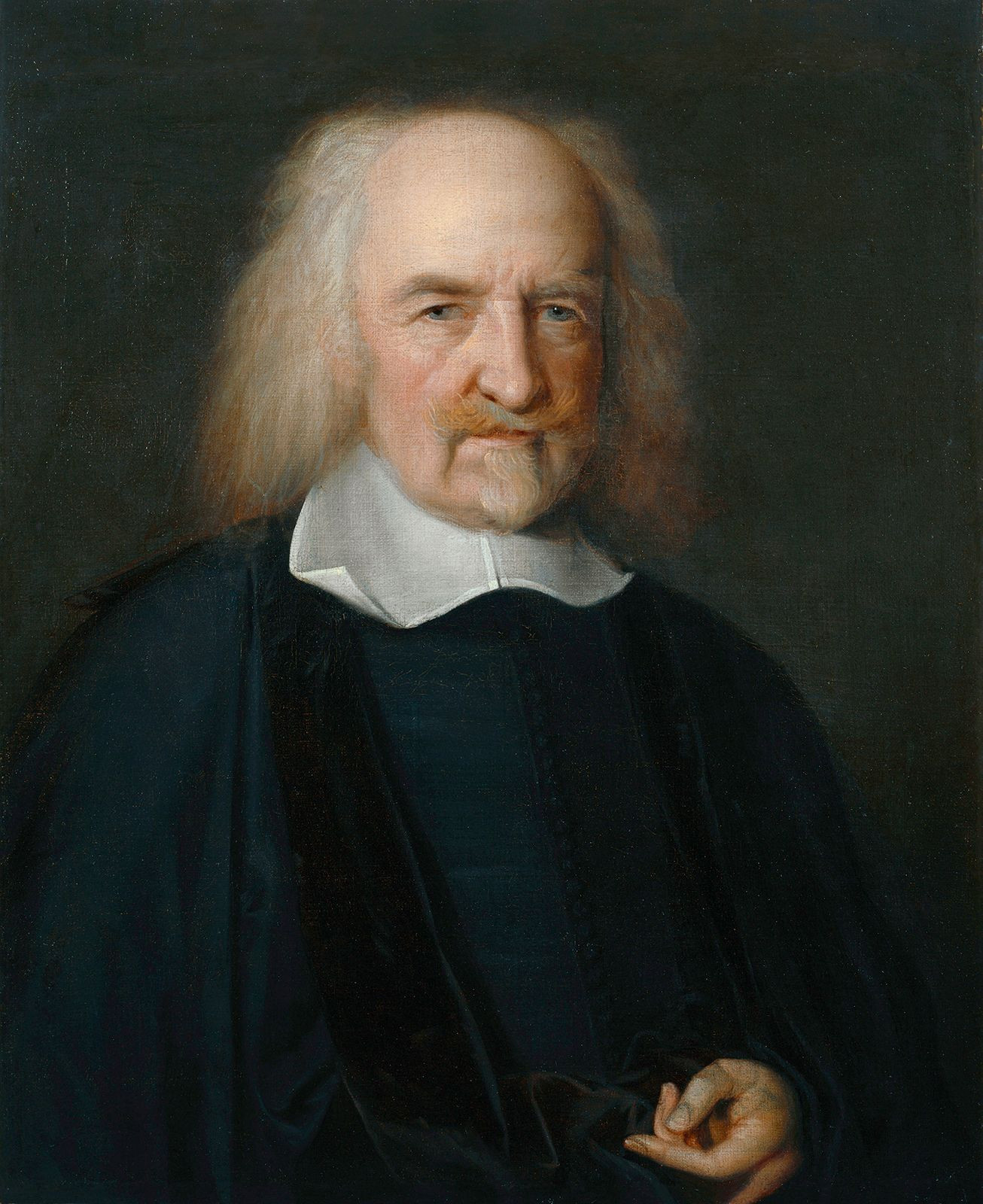The social contract theory stands as a cornerstone of political philosophy, exploring the relationship between individuals and governments. It posits that legitimate authority stems from a voluntary agreement among individuals, rather than divine right or force. While numerous thinkers have contributed to this theory, John Locke’s social contract theory is particularly influential, shaping modern liberal democracies and our understanding of individual rights and limited government.
Locke, a 17th-century English philosopher, articulated his vision of the social contract in his seminal work, Two Treatises of Government (1689). To grasp Locke’s theory, it’s essential to first understand his concept of the “state of nature.”
Locke’s State of Nature: Liberty and Natural Law
Contrary to the grim depiction offered by Thomas Hobbes, Locke’s state of nature is not a “war of all against all.” Instead, Locke envisions it as a state of perfect freedom and equality, governed by natural law. In this pre-political state, individuals are free to act and dispose of their possessions as they see fit, within the bounds of natural law.
 John Locke portrait by Herman Verelst, emphasizing his thoughtful expression and period attire, relevant to discussions on social contract theory.
John Locke portrait by Herman Verelst, emphasizing his thoughtful expression and period attire, relevant to discussions on social contract theory.
This natural law, according to Locke, is reason itself, teaching all mankind that being all equal and independent, no one ought to harm another in his life, health, liberty, or possessions. Individuals in the state of nature possess inherent natural rights, including the rights to life, liberty, and property. These rights are not granted by any government but are intrinsic to human beings by virtue of their existence.
However, Locke acknowledges that the state of nature is not without its drawbacks. While governed by natural law, its enforcement is left to each individual. This lack of a common, impartial authority to interpret and enforce the law can lead to inconveniences and insecurity. Disputes may arise, and the protection of natural rights becomes precarious due to the potential for self-interest and the absence of established mechanisms for dispute resolution and punishment of offenders.
The Social Contract According to Locke: Consent and Limited Government
To overcome the inconveniences of the state of nature and better secure their natural rights, individuals enter into a social contract to form a political society or commonwealth. Locke’s social contract is a voluntary agreement where individuals consent to give up some of their absolute freedom in exchange for the security and benefits of organized government.
Crucially, this surrender of freedom is not absolute. Individuals transfer only certain rights to the government, specifically the right to enforce the law of nature and punish offenders. They retain their fundamental natural rights to life, liberty, and property. The primary purpose of government, according to Locke, is to protect these natural rights.
This concept of limited government is central to Locke’s theory. The government’s power is not unlimited; it is derived from the consent of the governed and is constrained by the natural rights that precede it. Locke argues that government should operate based on established laws, applied equally to all, and designed to promote the public good.
Right to Revolution: Safeguarding Against Tyranny
A significant aspect of John Locke’s social contract theory is the right to revolution. If the government fails to uphold its end of the contract by infringing upon natural rights, acting arbitrarily, or exceeding its legitimate authority, the people have the right to alter or abolish it. This right to revolution serves as a crucial safeguard against tyranny and underscores the principle that government is ultimately accountable to the people it governs.
Locke believed that legitimate government must be based on the consent of the governed. This principle is enshrined in the idea of majority rule, where decisions are made by the majority within the framework of established laws and with respect for fundamental rights. However, Locke also emphasized the protection of minority rights and the importance of preventing the majority from infringing upon the natural rights of individuals.
Locke vs. Hobbes: Divergent Views on the Social Contract
While both Locke and Hobbes are prominent social contract theorists, their views diverge significantly, particularly regarding the state of nature and the nature of the contract itself.
 Thomas Hobbes portrait, capturing his serious demeanor and intellectual presence, contrasting with Locke's more approachable depiction in discussions of social contract theory.
Thomas Hobbes portrait, capturing his serious demeanor and intellectual presence, contrasting with Locke's more approachable depiction in discussions of social contract theory.
Hobbes, in Leviathan (1651), paints a much darker picture of the state of nature as a brutal and chaotic “war of all against all,” where life is “solitary, poor, nasty, brutish, and short.” To escape this perilous state, individuals enter into a social contract to surrender almost all their rights to an absolute sovereign in exchange for security and order. For Hobbes, the primary goal of government is to maintain order at all costs, even at the expense of individual liberties.
In contrast, Locke’s more optimistic view of human nature and the state of nature leads to a social contract that emphasizes limited government and the protection of individual rights. Locke’s contract is conditional; citizens obey the government as long as it upholds its obligation to protect their natural rights. If the government breaches this trust, the people have the right to resist and establish a new government.
Legacy and Influence of Locke’s Social Contract Theory
John Locke’s social contract theory profoundly influenced the development of liberal political thought and had a direct impact on major historical events, including the American and French Revolutions. His ideas on natural rights, consent of the governed, limited government, and the right to revolution are enshrined in foundational documents like the Declaration of Independence and continue to resonate in contemporary political discourse.
Locke’s emphasis on individual liberty and rights remains a cornerstone of modern liberal democracies. His theory provides a powerful philosophical justification for constitutionalism, the rule of law, and the protection of civil liberties. Understanding John Locke’s social contract theory is crucial for comprehending the intellectual foundations of democratic societies and ongoing debates about the relationship between individuals, government, and the limits of political authority.
In conclusion, John Locke’s social contract theory offers a compelling vision of legitimate government grounded in individual consent and the protection of natural rights. It stands as a testament to the enduring power of ideas in shaping political institutions and continues to inspire movements for freedom and self-governance around the world.
